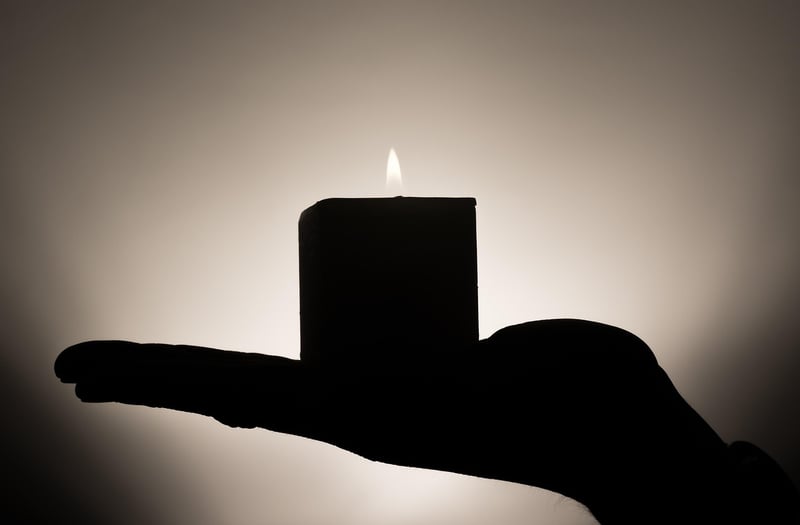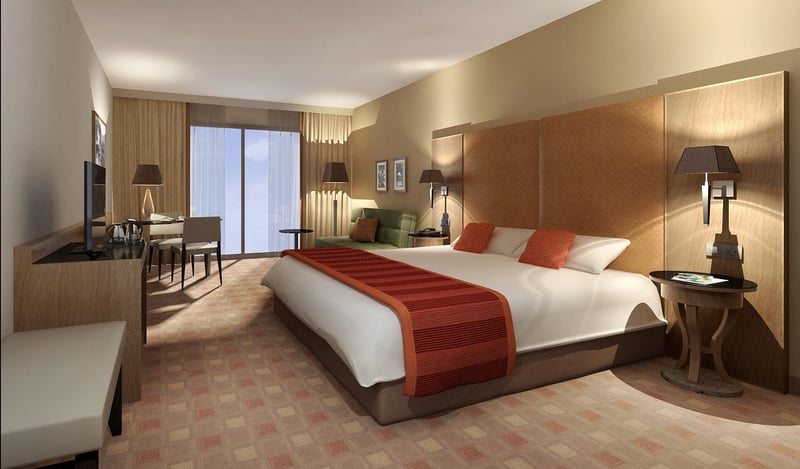Guided Visualization
Mindful Relaxation Techniques and Guided Visualization
Welcome to our guide on mindful relaxation techniques and guided visualization. In today's fast-paced world, it's crucial to take time for yourself and relax both your body and mind. By incorporating these practices into your daily routine, you can reduce stress, improve focus, and enhance overall well-being.
Mindful Relaxation Techniques
Mindful relaxation involves bringing your full attention to the present moment without judgment. Here are some techniques to help you unwind:
- Deep Breathing: Take slow, deep breaths, focusing on each inhale and exhale.
- Body Scan: Close your eyes and slowly scan your body from head to toe, releasing any tension you notice.
- Progressive Muscle Relaxation: Tense and then relax each muscle group in your body, starting from your toes up to your head.
- Meditation: Find a quiet space, sit comfortably, and focus on your breath or a calming word or image.
Guided Visualization
Guided visualization is a powerful technique that uses mental imagery to promote relaxation and reduce stress. Here's how you can practice guided visualization:
- Find a Quiet Space: Choose a peaceful environment where you won't be disturbed.
- Set the Scene: Close your eyes and imagine a serene place, such as a beach or a forest.
- Engage Your Senses: Visualize the sights, sounds, smells, and sensations of your chosen location.
- Stay Present: Focus on the details of your visualization and let go of any distracting thoughts.
- Practice Regularly: Dedicate a few minutes each day to guided visualization to experience its full benefits.
Remember, mindful relaxation and guided visualization are skills that improve with practice. Start incorporating these techniques into your daily routine to cultivate a sense of calm and inner peace.

Take the time to prioritize your well-being and discover the transformative power of mindful relaxation and guided visualization.
For more resources and guided sessions, check out Headspace and Calm.
